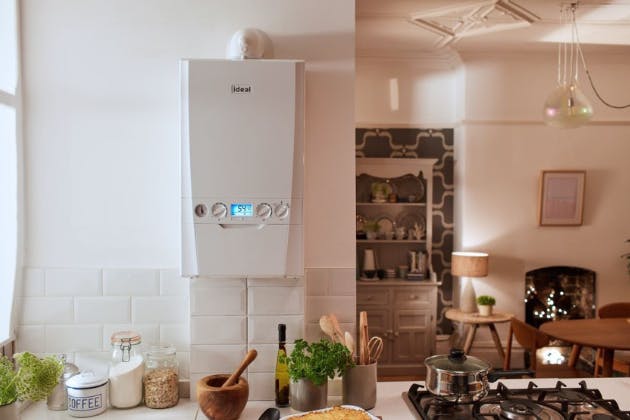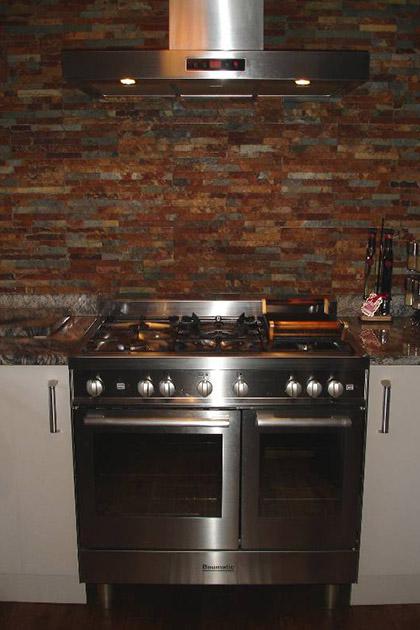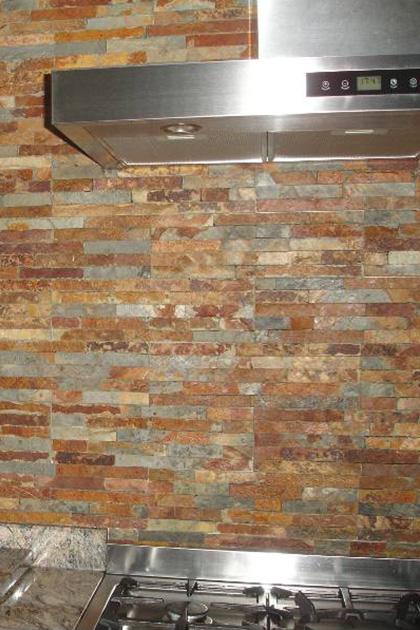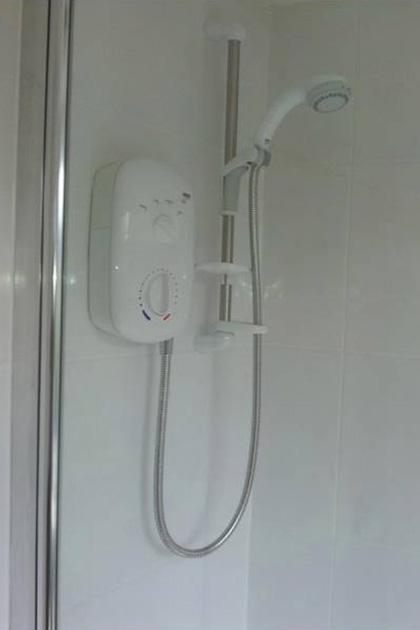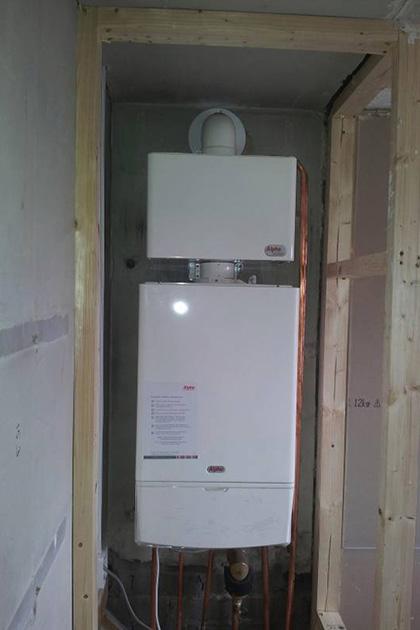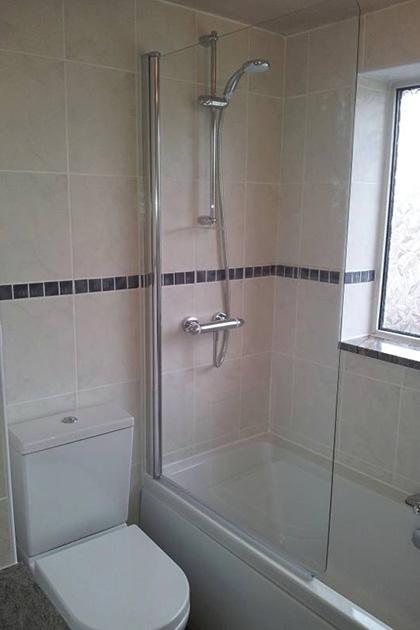Choosing the right boiler size is an important step in creating a comfortable and efficient home heating system. It can affect your energy use, costs, and how well your home stays warm. Some homeowners might not realize how much this choice matters, which could lead to less-than-ideal performance and extra expenses. We'll explore how to figure out the best boiler size for your home, providing helpful tips to guide you through this decision.
Factors Influencing Boiler Size
Number and size of radiators
Each radiator requires a specific heat output. More or larger radiators necessitate a higher capacity boiler.
Bathrooms and usage
The number of bathrooms and their frequency of use directly impact hot water demand. Multiple bathrooms with high usage require a larger boiler.
Home insulation
Well-insulated homes retain heat better, potentially allowing for a smaller boiler. Poorly insulated properties may need a larger unit to compensate for heat loss.
Type of boiler
Combi, system, and conventional boilers have different sizing requirements based on their functionality.
Hot water demand
Consider the maximum hot water usage during peak times, such as mornings when multiple showers may be running simultaneously.
Assessment Checklist:
- Count the number of radiators and measure their sizes
- List the number of bathrooms and estimate their daily usage
- Evaluate your home's insulation quality (poor, average, good)
- Determine your current boiler type and assess its performance
- Estimate your peak hot water demand in litres per minute
How to Calculate Boiler Size
Calculating the correct boiler size involves a step-by-step process:
1. Determine heat loss
Calculate the heat loss for each room based on its size, insulation, and number of windows. This is measured in British Thermal Units (BTUs).
2. Add up total heat loss
Sum the heat loss for all rooms to get the total heat requirement for your home.
3. Factor in hot water demand
Add the BTUs needed for your hot water usage, considering the number of bathrooms and peak demand.
4. Apply a safety margin
Add 10-20% to account for extreme weather conditions and future needs.
5. Convert to kilowatts
Divide the total BTUs by 3,412 to get the boiler size in kilowatts (kW).
While online calculators can provide a rough estimate, they often lack precision. For an accurate assessment, consult a qualified heating engineer who can perform a detailed heat loss survey and consider all relevant factors.
Get in touch
If you need help finding the right boiler for your home, get in touch with us by calling us on 01204 888255 and we'll be happy to help.

